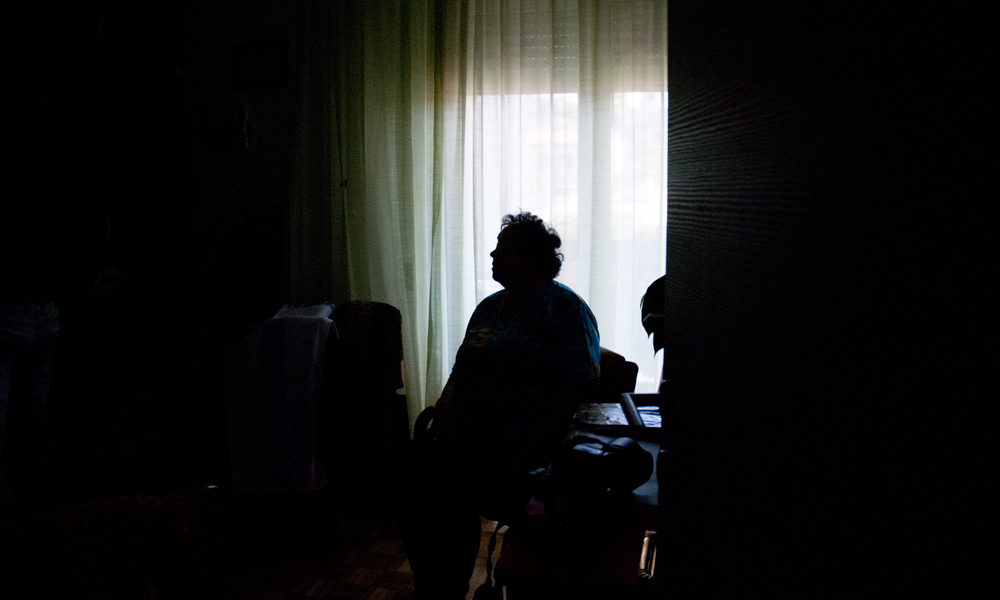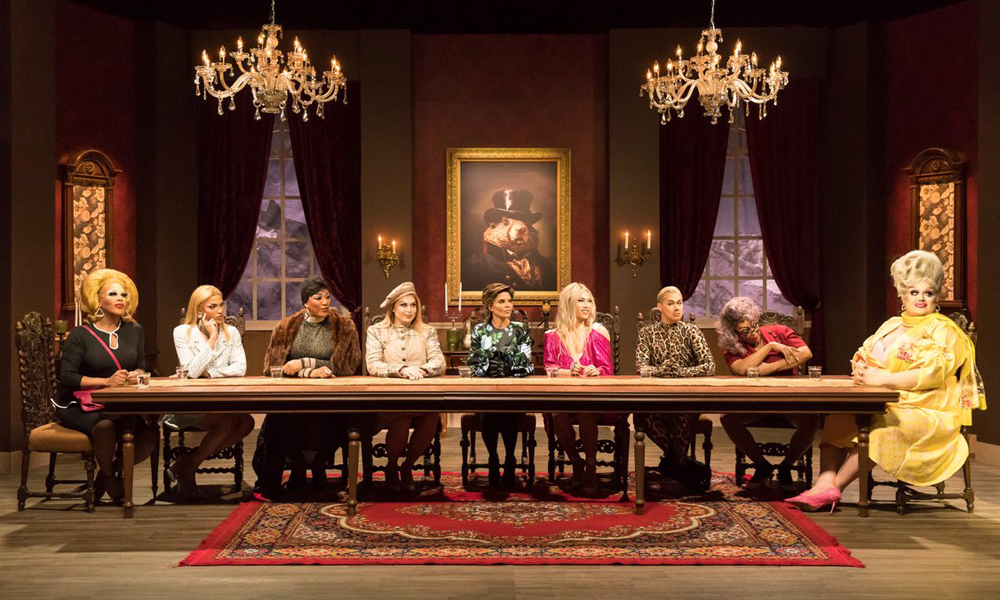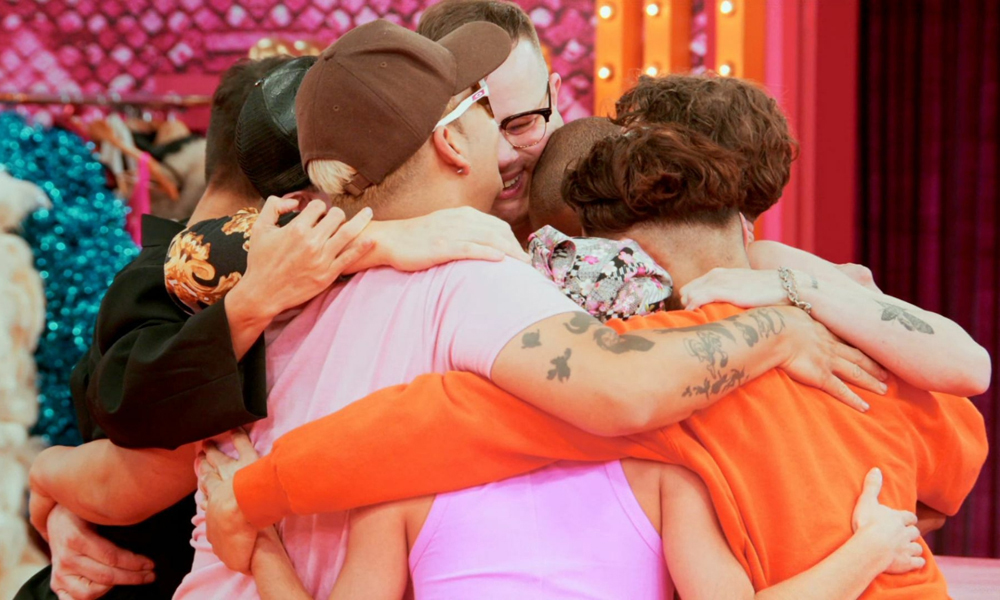Going back into the closet should never be an option…
Aging is one of the universal realities we all have in common. Despite that, elderly people aren’t always treated with the respect and patience they deserve, and that can be amplified for LGBTQ-identifying senior citizens. Society doesn’t particularly value elderly people, to begin with, and feelings of isolation and invisibility are two things that members of the LGBTQ community understand all too well.
Although acceptance of different sexualities has come a long way in the past couple of decades, that doesn’t change the fact that 50 years ago, it was illegal to be gay in Canada. That means many of the LGBTQ seniors in need of long-term retirement housing today remember when they had no choice but to be in the closet. They remember when same-sex marriage wasn’t possible when homosexuality was considered a mental disorder, and when the AIDS epidemic bred widespread panic. They have seen the world change and acceptance become expected, but they also know there are still plenty of ways they can and will be discriminated against.
With the “out” senior citizen being a relatively new thing, healthcare providers and staff in retirement and nursing home facilities might not be trained in the specific ways LGBTQ elders need support. Not to mention that today’s straight senior citizens grew up in a time when acceptance wasn’t as expected and many of them still feel no need to change their old-fashioned ideas.
This is something that is on the minds of many aging members of the LGBTQ community. A 2015 University of Alberta study of people aged 55 and older found that being respected as LGBTQ was a top concern when considering senior housing – even more important than facility amenities and affordability. Clearly, the fear that a retirement home could potentially be an uncomfortable and oppressive place to live out their twilight years is very real.
For many seniors, one way to avoid discrimination is to hide their sexuality, essentially meaning they’d rather go back into the closet than deal with bullying and unwelcome opinions. That isn’t an easy choice to make after years of fighting for the right to openly be themselves. Another option is to avoid moving into a long-term facility at all, but since many LGBTQ seniors lack support from their families and are less likely than straight people to have children, that isn’t always possible.
Organizations such as the Rainbow Resource Centre in Winnipeg and the Senior Pride Network in Ottawa are working to spread awareness and create better options when it comes to LGBTQ-friendly housing, palliative care, nursing homes, home care and more. The goal is not only to provide resources and services LGBTQ seniors can feel comfortable turning to but also to teach healthcare providers how to make sure their programs are as inclusive and respectful as possible.
The Rainbow Resource Centre recently proposed building affordable housing exclusively for the LGBT seniors’ community: a space with 120 units for seniors who have lost their partners. This is something that has been done successfully in Europe and in some parts of the United States but, of course, it takes time and funding if it is to be done properly. In the meantime, better training for staff can help take the edge off for LGBTQ seniors who are nervous about moving into retirement communities. After all, simple kindness and understanding can go a long way.
—
COURTNEY HARDWICK is a Toronto-based freelance writer. Her work has appeared online at AmongMen, Complex Canada, Elle Canada and TheBolde.

What Does The Future Hold For LGBTQ Seniors?
Related Articles
Canada’s Drag Race Canada vs The World Season 2 Episode 2 RECAP: The Hole
The queens take on an improv challenge disguised as a reality tv show. Lisa Rinna is a guest judge
RuPaul’s Drag Race All Stars Season 9 Episode 12 Recap: Grand Finale Variety Extravaganza: Part 2
The results of the lipstick vote are revealed and three final queens battle for the all star crown and title. Actress Connie Britton is a guest judge
Canvas Cabaret: A 10 Year Celebration Fundraiser Hosted By Canvas Programs
The Canvas Cabaret fundraising event in Toronto will be held on Thursday, September 26 and will toast a decade of 2SLGBTQ+ inclusion and consent education





Comments
1 Comment